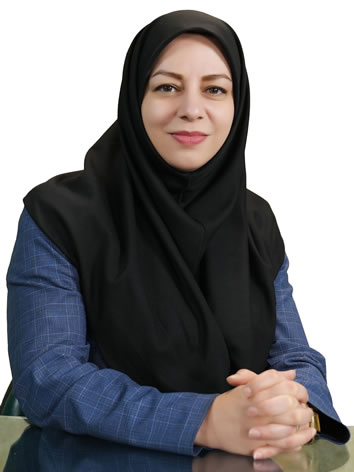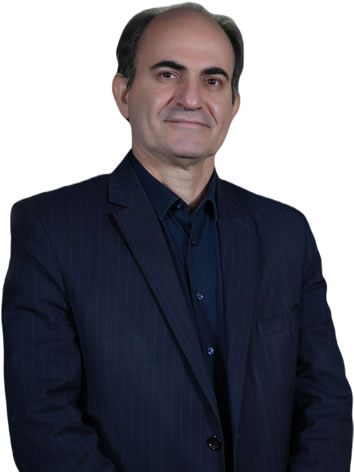Since 1998, Avicenna Research Institute proceeded to initiate CME programs with the aim of presenting the latest scientific findings in modern fertility technologies and biotechnology. In 2002, by obtaining a license to establish a continuing medical education center and appointing the secretariat for continuing education by the CME Office of Ministry of Health and Medical Education, the Bureau is permitted to hold courses independently and grant continuing education points to course participants.
Continuing education comprises all activities after graduation to maintain the acquired skills and improve qualitatively and quantitatively and learn new scientific findings and skills in medical community which can lead to quality and quantity improvement of community’s health services.
In holding seminars, symposia and workshops of this research institute, exploitation of research results from national and international scientific and educational research centers has been the main objective. This will both improve the scientific and educational level of these courses and pave the way for the expansion of future cooperation. Fortunately, in the last few years, the training courses of this research institute have received a considerable attention and feedback, so that abundance of requests by many experts and enthusiasts to hold some of the workshops has been received.
The purpose of CME education in the research institute is to promote and maintain the professional competence of the graduates of medical sciences (Basic and clinical) at all levels in accordance with social, cultural, economic and national values for maintaining and building a healthy society. For this purpose, CME programs are designed in such a way that the audience is acquainted with the latest findings and theoretical and practical methods in each program and the presented topics lead to the improvement of their knowledge, attitude, and practice. These trainings are formal and informal, direct and indirect, using new, innovative, dynamic and efficient methods of medical education, consistent with individual, professional, national, regional and global needs, taking into account the possibilities and limitations of the society.
The scope of CME programs is based on the activities of the affiliated centers and includes topics in biotechnology, reproduction and infertility, cancer, nanotechnology and related fields. Therefore, by joint activities of research groups and the above-mentioned specialized commissions, the content of CME programs in this series is interdisciplinary and diverse, and the audience of the programs is a wide range of specialists in various basic and clinical medical sciences, especially obstetrics and specialists in infertility treatment, urology, andrology, embryology, laboratory sciences, pathology, infectious and tropical diseases, biology, microbiology, immunology, biochemistry, genetics, psychiatry and psychology, nanotechnology and biotechnology, pharmacology, pharmacy besides general practitioners, midwives, and nurses.
The CME office, as the highest decision-making authority regarding CME programs, is engaged in formulating policies, educational planning and adjusting it with the priorities and programs of the Ministry of Health. The senior managers and experts in CME committee will gain the support of scientific and executive centers on the one hand, and provide the prerequisites for innovation in designing, implementing and increasing the quality of CME course on the other hand.
In this regard, the implementation of programs with the participation and cooperation of centers which have the credit for CME programs is the first priority, which includes universities, associations and governmental and non-governmental scientific institutions in the country and abroad. The kind of participation includes scientific and executive cooperation, development of syllabus for training course, admission of participants, use of spaces and educational facilities available in each of the scientific centers and exchange of views of experts and senior managers of both parties.
Due to the potential of the institute in human resources and facilities, proper communication with specialists and experts inside and outside the country, great scientific background and specialists in more than 25 related fields, this research institute has the potential of implementing CME programs in collaboration with other universities and organizations and independent research centers in the country and overseas.
The interest of the country's specialists in the presented topics, the mandatory nature of CME and its accreditation by the Ministry of Health, the potential of the institute in holding short-term and medium-term vocational-professional courses, the establishment of distance education systems, and the willingness of governmental and non-governmental organizations to have mutual collaborations in CME programs are all the opportunities for CME Bureau to have a prominent status in Avicenna Research Institute.
CME Assistant: Arefeh Sabzipour


















